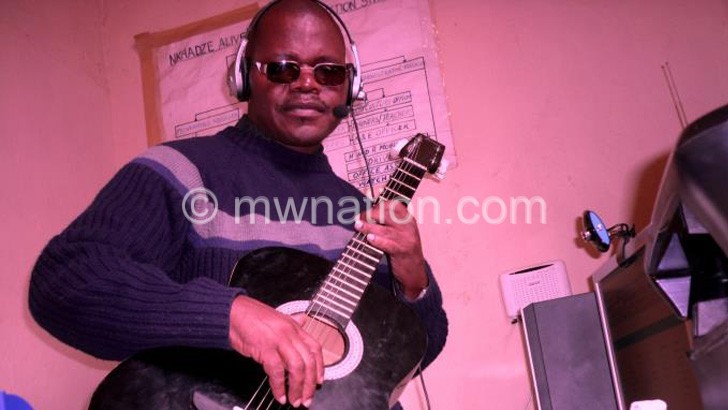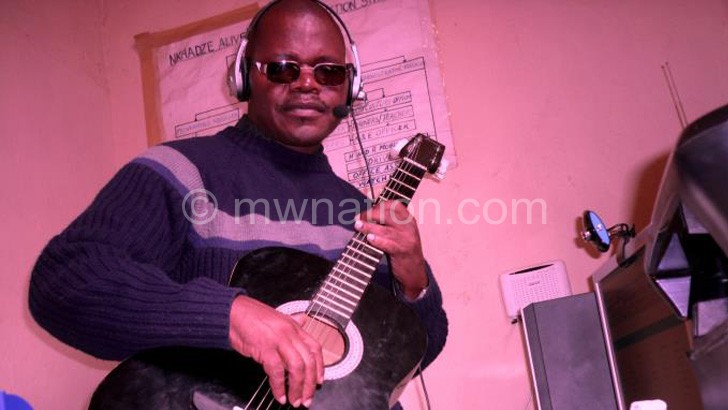‘Royalties are increasing’
In 2009 musician Lawrence Mbenjere received a staggering K2.9 million and Joseph Nkasa hit a record K1.3 million in royalties administered by the Copyright Society of Malawi (Cosoma). But today, no artist is collecting such figures, a development which has raised eyebrows among artists in the country. HOWARD MLOZI engages Cosoma Board chairperson Charles Sinetre to clarify the trends.

Q
: Musicians are wondering why their royalties are diminishing as compared to the era of Joseph Nkasa and Lawrence Mbenjere where one could receive over a million from Cosoma. Where is the money going?
A
: Royalties have not diminished as per se. Rather, they have been increasing over the years. You may wish to know that at the time Joseph Nkasa got K1.3 million in royalties, we were only licensing broadcasting stations, public places of entertainment and producers of musical works such as Afri Music (O.G Issa) and Portuguese Shopping Centre. But this time we have expanded our licensing base which means more royalties are collected. You will also recall that in 2009 Lawrence Mbenjere got K2.9 million just to show that the assertion that royalties are diminishing is not correct. They should even be more now because our collections have been increasing.
Q
: How much revenue has Cosoma generated for the past 5 years?
A
: Just an estimate, our revenue has increased from K68 million in 2010 to K183 million in 2015, which means royalties paid out to the artists have been increasing over the years.
Q
: How much is the creative industry contributing to the country’s gross domestic product (GDP)?
A
: The study carried out by the National Statistical Office (NSO) and Cosoma with financial support from the World Intellectual Property Organisation (Wipo), and based on the desk information, indicated that the creative industries contributed 3.4 percent to the national economy. At that time the figure was surpassing some sectors such as transport and construction.
Q
: Are there any achievements from Cosoma?
A
: There is also the enactment of the new Copyright Act, 2016 repealing of the Copyright Act, 1989 was a major boost in protection and promotion of copyright in this country.
This law on its own will promote and boost artists economic status and the economy of the this country as people will be propelled to get original products and refrain from short cuts as this will have consequences on the side of the supplier and this will contribute significantly to the revenue government collects on artistic products, that is why I am grateful to the government and the members of Parliament for their commitment to supporting the enactment of the new law; artists in this country for lobbying the government to pass the Copyright Bill 2011 and our secretariat for their untiring efforts in facilitating the passing of the Copyright, Bill.
We have also increased our international presence by establishing working relationships with similar organisations in countries such as the UK and the USA. This would ensure that our authors benefit from use of their works outside the country.
This is to show that we are not the same as in the past five years.
Q
: What are noticeable fruits of these activities?
A
: Although piracy still remains a big challenge to Cosoma as well as the creative industry, still more there are noticeable fruits that can be highlighted, some of them are the following: (a) Increased licensing base—more royalties are paid to the artists whose works have been used. (b) Cultural Support Scheme—We have better organised rights holder associations which have a shared office in Blantyre (c) Arts Sacco—Artists are able to access loans from their own microfinance lending facility. n






